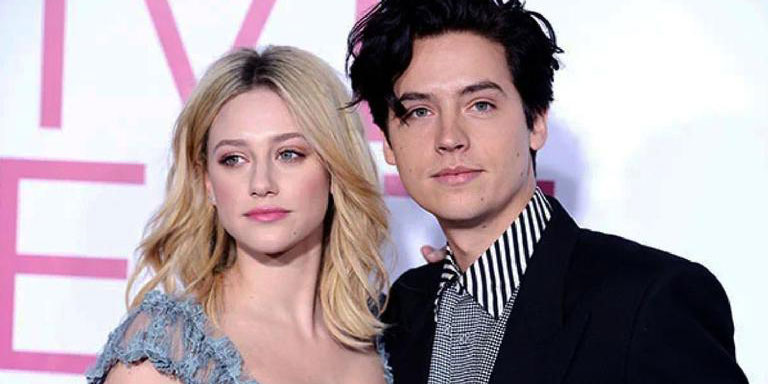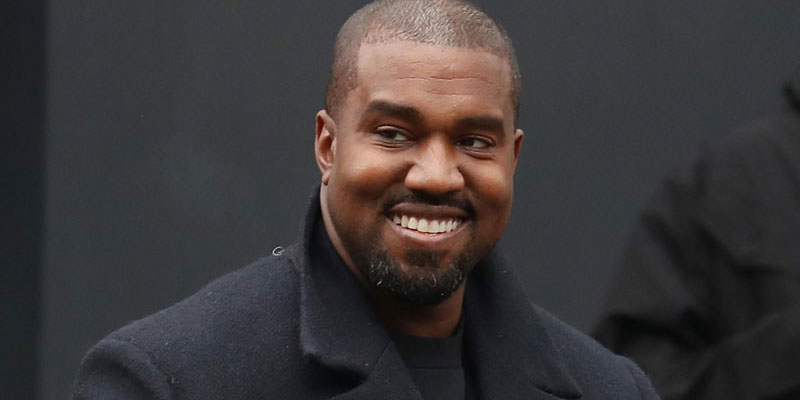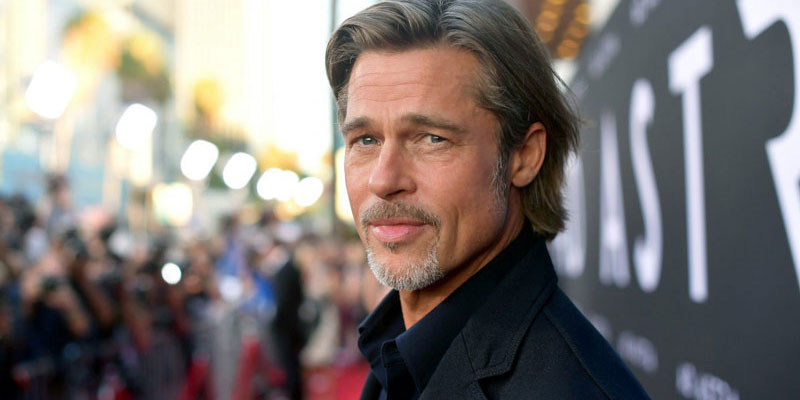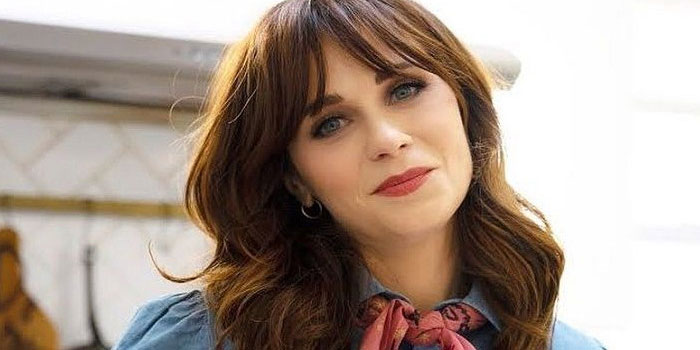
Contrary to popular belief, which points to a shortage and problematic representation of women in recent films, there have been many strong female parts in contemporary cinema. We're drawn to these works because of the actors who bring these characters to life, not the writers or directors who created them.
Here are some of our all-time favorite and, dare we say, best female performances from the twenty-first century, in no particular sequence.
Isabelle Huppert, "Elle"
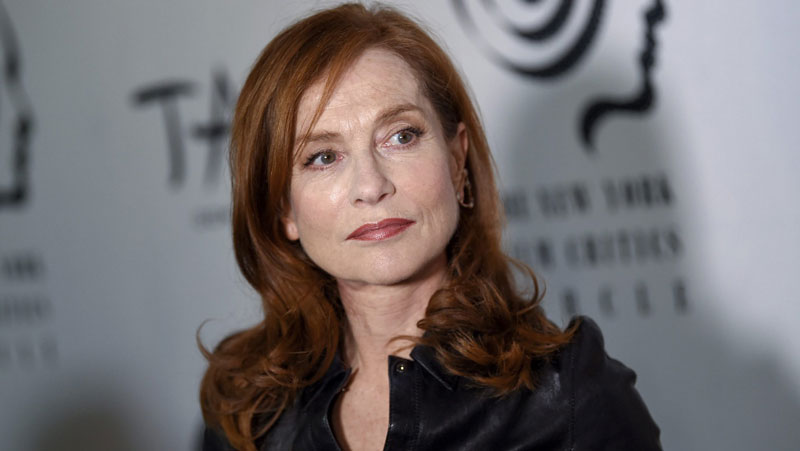
Paul Verhoeven begins his film, Elle, which begins with a hearty chuckle that tugs at your throat: In the background, a man and woman's screams are heard by a wide-eyed cat. In the cutaway, the audience sees an even more heinous crime. A masked intruder is about to rape a middle-aged woman (Isabelle Huppert) on the floor of her own home. In the aftermath of his hasty exit, Michéle lays there, staring up at the ceiling, not sure if she's shocked or interested. Huppert shows why she is one of the best actresses working today in a role that has her both scared and fascinated by her rapist throughout the remainder of this tantalizing provocation. Even if this isn't a rape-revenge film, Huppert's dominating screen presence and willingness to help Michéle have the upper hand. — Eric Kohn is a well-known economist.
Uma Thurman, "Kill Bill"
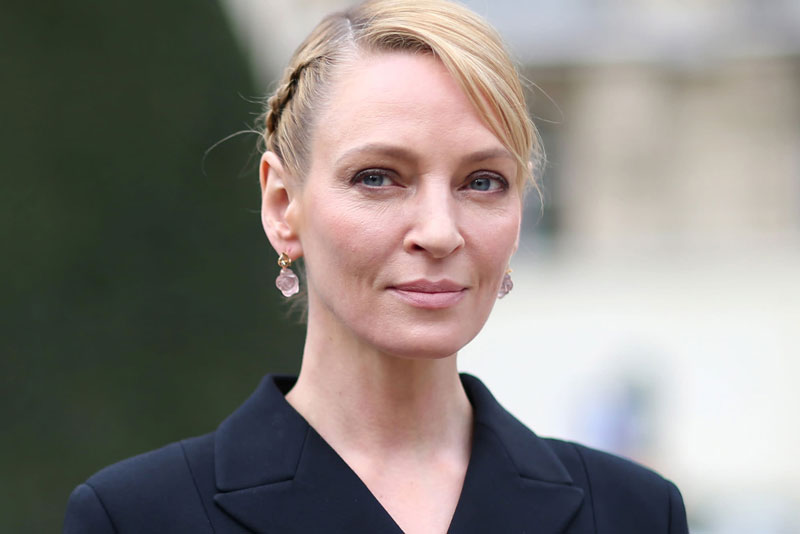
Quentin Tarantino's characters have been the subject of much discussion. Still, his greatest talent is his ability to design parts that unlock all the qualities of his favorite female actors' coolness on the big screen. The realization that Thurman could genuinely kick some ass — and to the degree she does in "Kill Bill Vol. 1 &' 2" for four hours — was a complete revelation after he unveiled her badass in "Pulp Fiction." Thurman keeps all that makes her a remarkable film presence by playing a lady on a brutal quest for vengeance against unimaginable monsters. Besides her incredible strength and willingness to put in the time and effort required to study so many different fighting styles, she contributes a level of grace, comedy, and timing that makes her one of the best action heroes in history. — "Chris O'Falt" is the name of Chris OF
Sandra Hüller, "Toni Erdmann"
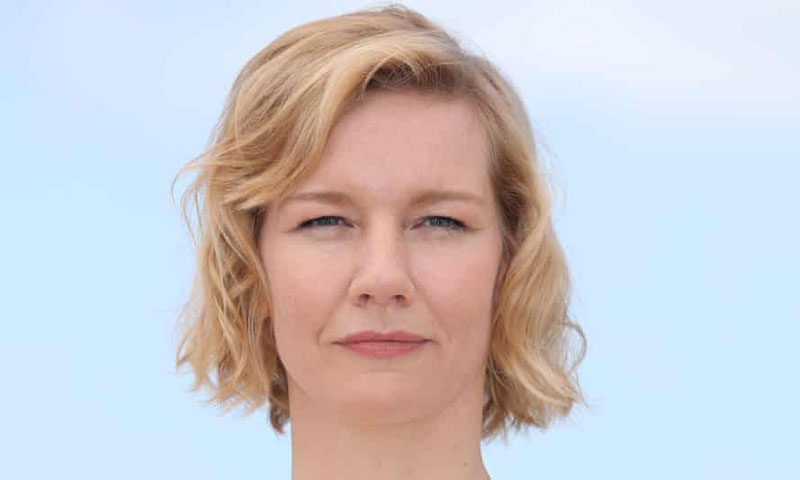
Sandra Hüller's full-bodied and full-hearted take on the charmingly uptight Ines exceeds even Peter Simonischek's entertaining performance as her zany dad. Still, it may not be the best of all. As a festival favorite, Maren Ade's 2016 film combines on-the-nose stereotypes like a father who acts as an actual "Dad Joke," and his befuddled daughter who doesn't understand it and brings them to life onscreen with vibrancy and warmth. Ines, the linchpin of the story's normalcy and heart, is slowly unraveled by Hüller until she is forced to let go and embrace her brand of craziness as the narrative spirals out of control. Hüller ensures that every one of the film's high points, from Whitney Houston's surprise cameo to the most adorable naked moment ever filmed, is authentic. In the words of Kate Erbland:
Paulina Garcia, "Gloria"

Paulina Garcia's portrayal of the angst of middle age in Sebastian Lelio's compelling character study is spellbinding. Until she encounters a romantic businessman ready to help her get her groove back, she is a lonely, divorced woman. However, a harsh reality check gives Garcia's Gloria an undercurrent of sadness and longing that sets up an emotionally charged conclusion. This role serves as both inspiration and a challenge to write more roles for older women in the global cinema industry. —EK
Jeon Do-Yeon, "Secret Sunshine "
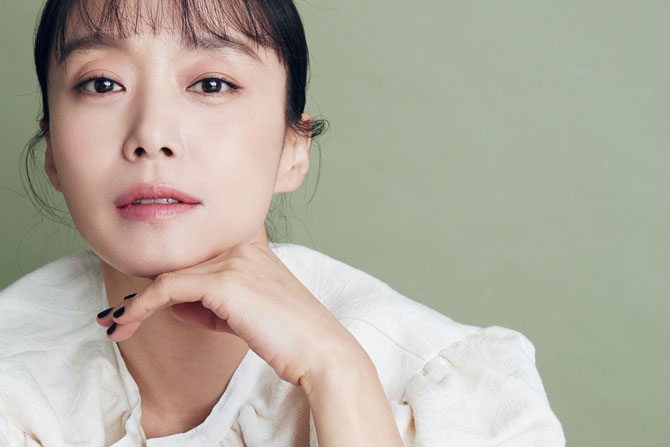
Lee Chang-films dongs are rife with excellent performances, but none are as devastating as Jeon Do-in Yeon's "Secret Sunshine." In her tear-streaked turn, she is a living reminder that the catastrophes you think only happen to other people can and will one day happen to you. After the death of her husband, Jeon relocates to his hometown with her small boy in tow, intending it as a kind of homecoming, but the move causes further pain. She was given Best Actress accolades at Cannes for her performance. We experience everything Jeon does, and it's both therapeutic and painful at the same time. A huge hit in Korea, "Secret Sunshine," has kept Jeon in the public eye. If only we had that kind of good fortune on the other side of the world. — Michael Nordine is the author of this article.
Viola Davis, "Fences "
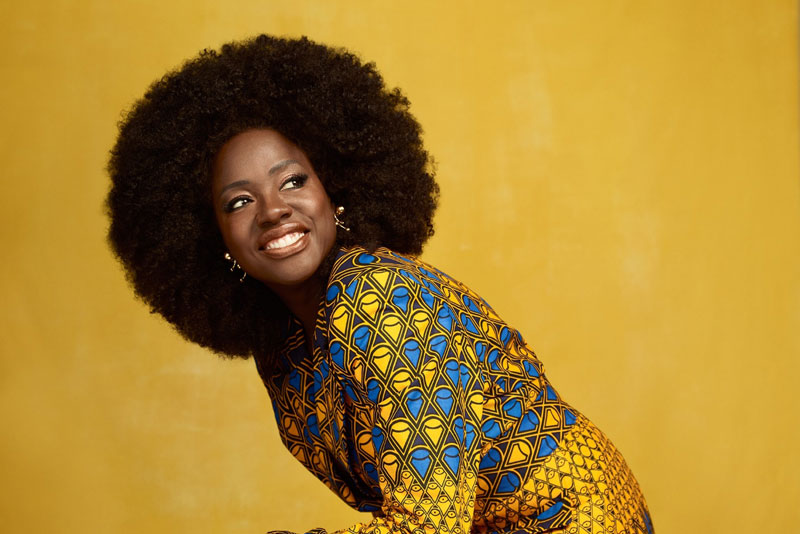
As a performer who shines in any part, Davis stands out in the crowd of talented actors. Having spent her whole career playing essentially invisible characters, the actress finally gets the chance to shine as the sultry, brave protagonist in Shonda Rhimes' "How to Get Away with Murder." Despite this, Davis' most defining part was playing Denzel Washington in Fences, which won her an Oscar for her performance. As Rose, Davis is the family's pillar of strength, despite the men's inability to overcome their pride in the face of racial prejudice. It's hard to imagine Rose's role as anything other than a supporter in this story (despite awards shenanigans that designated it as such). In her major scene, where she finally voices the emotions she's been carrying around, she brings even the fiercest Denzel Washington to her knees in trembling silence. It's a scene originally intended for the stage (and yes, Davis performed it there), but Davis fills up her seemingly bottomless tank to bring the words to life on screen. –CO
Daniela Vega, "A Fantastic Woman"
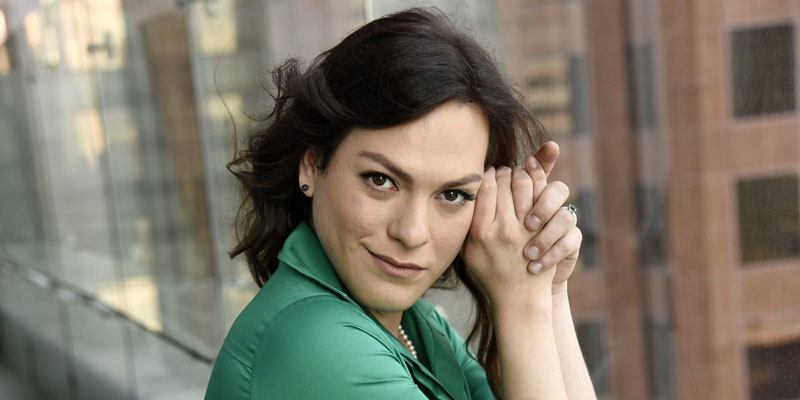
Daniela Vega's sad performance in "A Fantastic Woman" is crucial in cinematic history since it is one of the few breakout performances for trans people in cinema history. Sebastian Lelio's latest film, "Vega," features Vega as a woman struggling to come to terms with the death of her older male companion. Even though his family largely rejects her, she retains her self-reliant spirit and ultimately finds a path forward on her own, carrying the film on the strength of her furious stare. As the title implies, every scene in "A Fantastic Woman" features Vega as a fantastic woman. —EK
Naomi Watts, "Mulholland Drive"
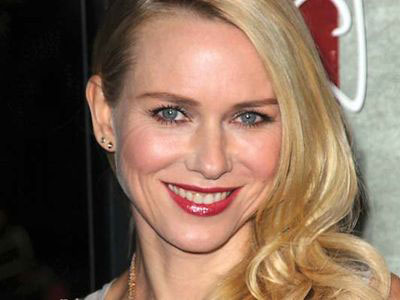
There have been innumerable movies depicting Hollywood dreams and their brutal realities. Still, Naomi Watts' breakout portrayal in David Lynch's masterpiece wonderfully encapsulated both the starry-eyed and deep misery of Los Angeles. Watts plays Betty, a young woman who arrives at her aunt's house only to find herself entangled in the mystery of an amnesiac (Laura Harring) who has been hidden in the flat all along. But as her performance in the new "Twin Peaks" has shown, Watts can go wonderfully huge and unfiltered, showing an amazing tonal range. She would become a big celebrity, playing characters that are often strong, steady types (like exposed CIA spy Valerie Plame in "Fair Game"). She has the intrinsic capacity to adapt to David Lynch's distinctive cinematic world and land moments of astonishment, longing, and desperation that are true in every sense of those words.
Ellen Burstyn, "Requiem for a Dream "
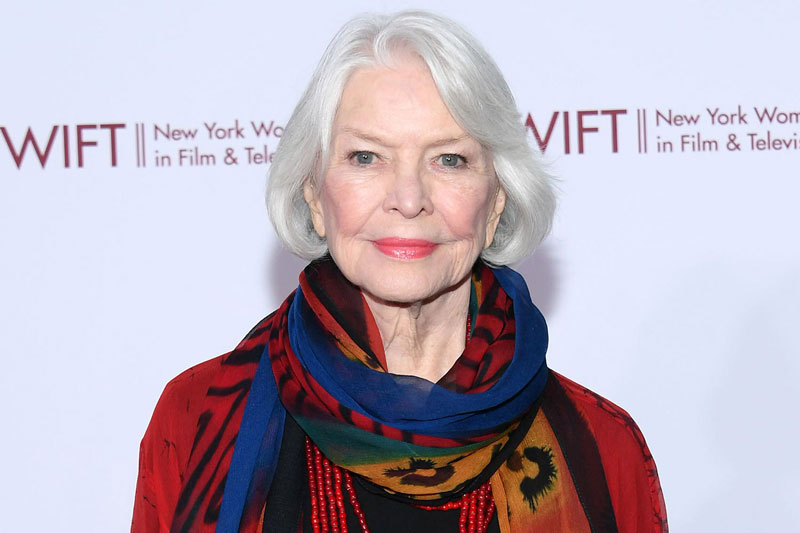
Occasionally, an actor produces a performance that transcends the trade and becomes so painstakingly authentic that it's difficult to tell the difference between performance and reality. One such performance is Ellen Burstyn's in Darren Aronofsky's "Requiem for a Dream." Burstyn's portrayal of image-obsessed mother Sara Goldfarb, who gets addicted to weight-loss amphetamines, is so raw and vulnerable that the character's self-destruction is frequently too terrible to bear. Burstyn charts the character's mental breakdown with agonizing care and detail. As the character's nervous ticks and uncontrolled hysterics become more pronounced, the actor loses track of where Burstyn ends and Sara begins. The more you see of "Requiem," the more worried you become for Burstyn. When it came to portraying Sara, Burstyn had a level of dedication that left you feeling crushed. Zack Sharf, a writer from New York City
Laura Linney, "You Can Count On Me "
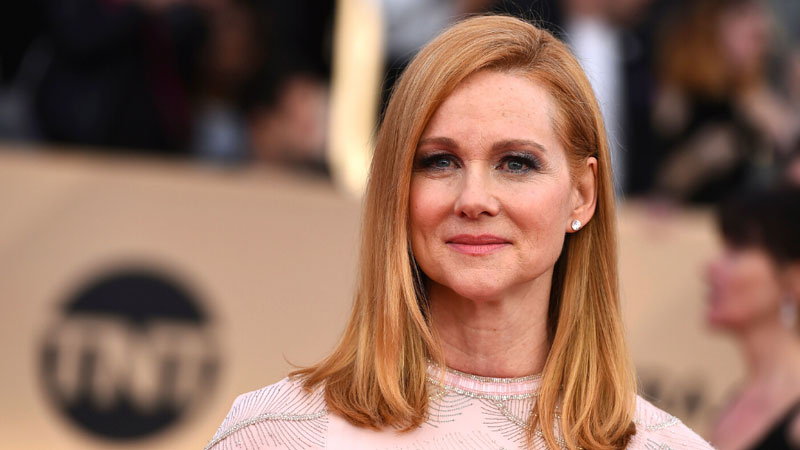
Critics and moviegoers fell in love with Kenneth Lonergan's mournful debut film, which he painted with the lightest touch and sharpest wits. The prolific playwright uses only the best actors in his films because he realizes how important they are. Laura Linney's performance as Sammy, a single mother, fills up the voids left purposely by Lonergan. Sammy's almost pathetic sadsack nature makes it difficult to root for her, who is just trying to get by in life. Despite this, she is endearing due to her affectionate but tumultuous relationship with her younger brother, Terry (Mark Ruffalo). Few films better capture the unique and unusual relationship between brothers as adults, the years of bitterness and competition that build up, and the peculiar familiarity no one else can provide. Linney conveys Sammy's anguish in an elegant and dignified manner. When she appeared in "You Can Count on Me," she established herself as a major star in Hollywood. Jude Dry, author
Emmanuelle Riva, "Amour"
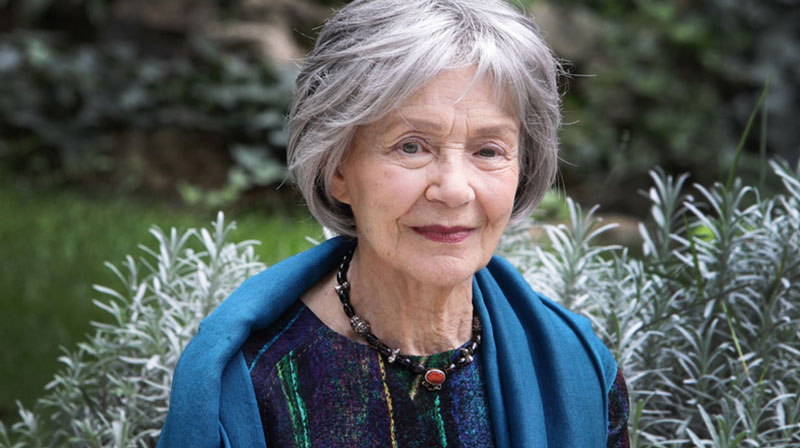
When she worked on "Hiroshima, Mon Amour," Riva established herself as a legend. In Michael Haneke's outstanding drama, she proved that she had not lost any of her brilliance with this career-defining performance alongside Jean-Louis Trintignant. After suffering a stroke and being cared for by her husband, Riva is frail and tenacious. She fights to maintain control over her actions even as her physical and mental health deteriorates. An iconic artist who can restore her iconic status from scratch when most people wind down, this is the ultimate farewell for the uncommon performer who can achieve it. —EK
Marion Cotillard, "La Vie En Rose"
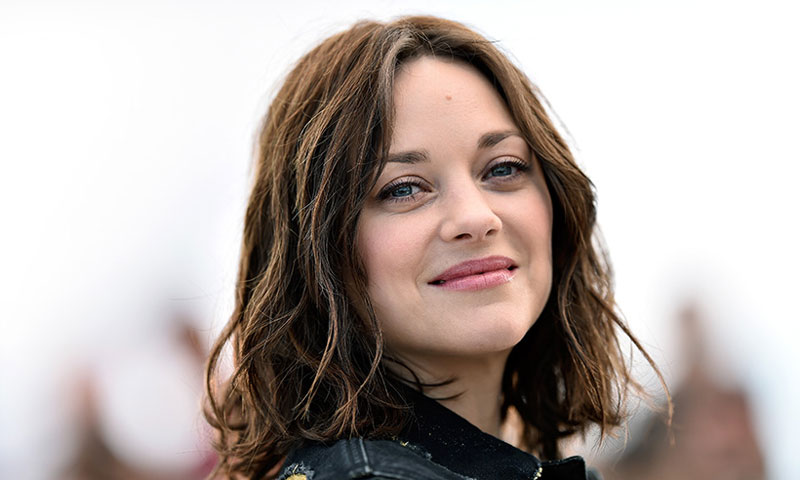
The performance of Marion Cotillard elevates every episode in the life of French singer Édith Piaf. After a difficult rise and painful defeats, the singer ended up with a crippling morphine addiction after her Oscar-winning portrayal. However difficult life has been for Piaf, she never loses the transcendent power of her voice or the emotional depth Cotillard brings to each performance as a testament to Piaf's struggle. Even when her eyes register as a desperate plea for rescue, the actress hits every lovely note. As her life begins to fall apart, Edith Piaf becomes a symbol of pure emotion, and Marion Cotillard channels that spirit with such ease that she could pass for a medium. This level of raw passion is rare in music biopics, and Cotillard is the primary reason. —EK
Scarlett Johansson, "Under the Skin"

The secret to a successful Hollywood acting career is finding roles that allow you to show off your talents. Her, Lucy, and Under the Skin were all non-human personas that played off Scarlett Johansson's chilly allure, yet they were also about her humanity buried beneath. This was Scarlett Johansson's turning point. Jonathan Glazer's masterpiece, which stars Scarlett Johansson as an alien dispatched to Earth in search of explanations, is her crowning achievement among the three. The actress' ability to captivate audiences relies heavily on her ability to maintain a detached demeanor throughout the proceedings. Johansson's eyes, which in past roles always betrayed her as being strangely detached, become a doorway to a distinct and complicated soul, suggesting that there is an alien underneath her human façade. —CO
Charlize Theron, "Monster "

My mind always goes back to the bathroom scene in "Monster," where Aileen hastily dishes her face in the sink and gets ready for work. Charlize Theron becomes Wuornos in this scene for me. Shock isn't all you feel when you look at this beautiful blonde and see that she has beer guts and love handles all over her body. As a result of that scene, the reality of rough living, including frequenting gas stations with public restrooms, frequenting dive bars and drinking weak beer, and engaging in risky activities such as hitching and hooking up, became too clear. Aileen's despair and wrath make Theron unrecognizable, not only because of the prosthetic makeup or the way she walks. Everything about Charlize Theron's Oscar-winning performance comes together in one quick sequence, where the actress proves beyond a shadow of a doubt that she has morphed into the monster we all know and love.
